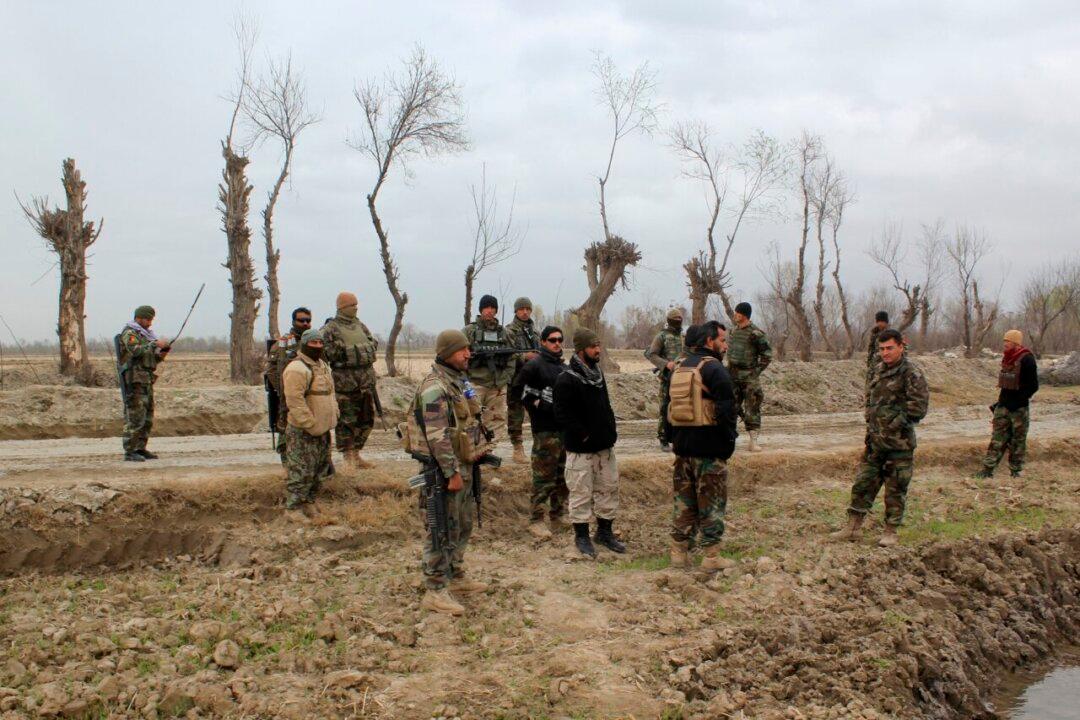The U.S. military has conducted an airstrike against the Taliban in Afghanistan, just days after the United States agreed on a peace deal with the terrorist group.
The strike was carried out early March 4 against militants who had attacked an Afghan National Defense and Security Forces checkpoint in Helmand, a spokesman for U.S. forces in Afghanistan said.





